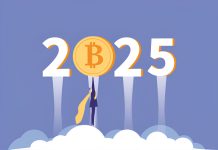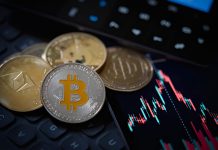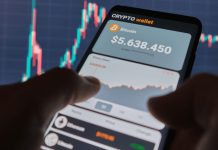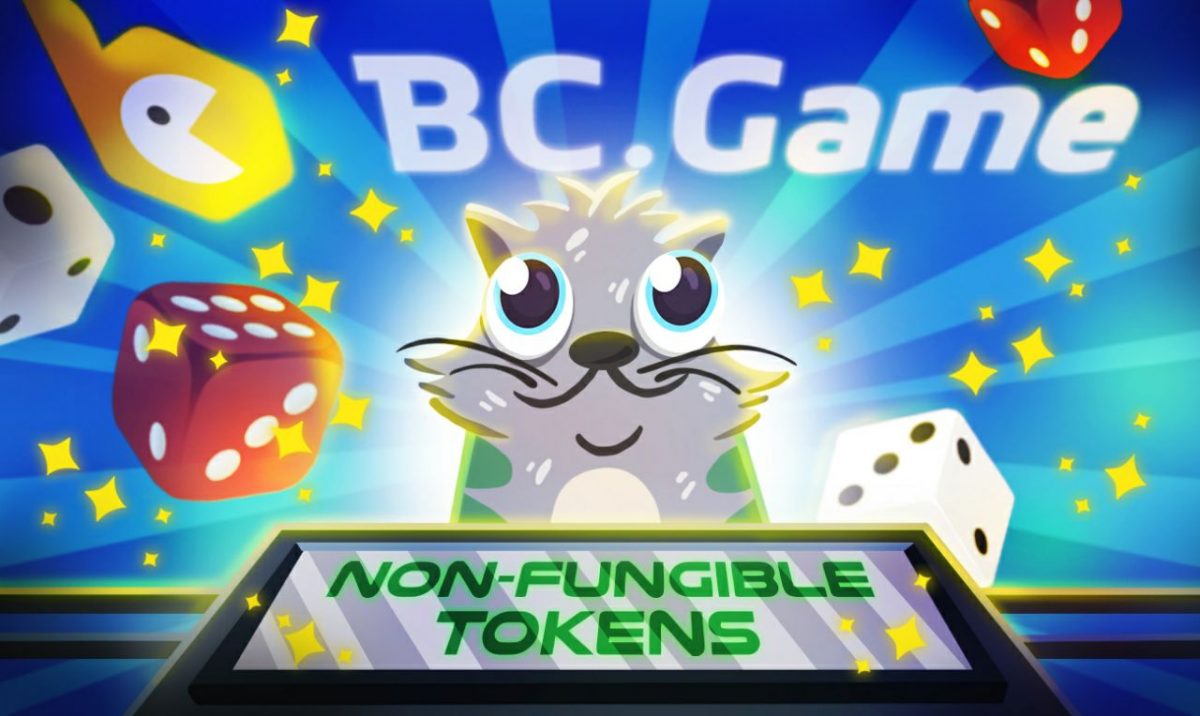Beyond the transfer of value is the immutability and differentiation of projects running on open ledgers with smart contracting capability. Admittedly, because of smart contracts, creators have launched some of the best crypto games. Among other industries, crypto gambling has been revolutionised and transparent. One is the rise of non-fungible tokens, simply known as NFTs. However, this is just the beginning of an exploration. Thanks to tokenisation, there are infinite possibilities with smart contracts. Automated, they execute once certain rules have been met, meaning some tweaks can be made to introduce even better products or refinements. As the blockchain blossoms, creators are “hungry”, rolling out new standards to further extend the functionality of smart contracts.
What are Non-Fungible Tokens (NFTs)?
To better understand what Non-Fungible Tokens (NFTs) are, one ought to understand the concept of money and fungibility. Money is considered fungible. Fungibility is a concept that denotes exchangeability. In almost all jurisdictions, money is a medium of exchange and a unit of account. For instance, each dollar can be changed for another because they are fungible. Likewise, each Bitcoin can be swapped for another despite being perhaps minted differently. It is the fungibility feature that makes most cryptocurrencies money. Other salient characteristics may impede their goals for the lack of depth and liquidity affecting its volatility, a reason why critics dismiss cryptocurrencies as reliable money.
On the other hand, NFTs are tokens adhering to a certain standard within a given blockchain. In Ethereum, for instance, tokens complying with the ERC-721 standard are considered NFTs. However, the underlying feature is that most of them are non-fungible. A non-fungible token is unique and indivisible, bearing a set of characteristics that markedly differentiates it from another. A single NFT token is whole, shifting from address to address in a closed ecosystem without being split into different units. Often, what makes these tokens unique is the set of data stored in a smart contract. However, their uniqueness and rarity give Non-Fungible Tokens (NFTs) value.
Application of Non-Fungible Tokens (NFTs)
Tokenisation and integration of blockchain in traditional processes like gaming, for instance, has opened up endless opportunities. NFTs are fast-tracking and facilitating data processing and asset digitisation within the blockchain gaming realm. Already, NFT has been used in fine art. Here, creators who previously struggled to protect their intellectual property are now protected from copyright infringement. Art can be bought, sold, and showcased with proof of ownership stored permanently in the blockchain. Also, NFTs are being used in virtual assets like the sale of domain names and more. However, their increased application in collectables and integration in blockchain gaming is interesting. Demonstrating the potential of Non-Fungible Tokens (NFTs) was the sudden rise of cryptocurrencies in late 2017. Digital kitties bred and sold digitally were sold for hundreds of ETH. It is also because of CryptoKitties that inspired the tokenisation of not only celebrities or sports stars by individuals banking on their future value.
NFTs in Blockchain Gaming and Crypto Gambling
In gaming, NFTs are used to mark unique assets that cannot be copied and duplicated in separate systems. Digital assets that need to be different from other items can be identified using non-fungible tokens. But since blockchain gaming is completely decentralised, a gamer has more latitude. Benefits like in-game assets give gamers a sense of control and ownership, a diversion away from centralised gaming systems. Scientists have proven that people tend to value things they own or control because of the Endowment Effect. Control can be because of sentimental attachment or the need to make money.
With control and the maturing blockchain gaming ecosystem, the odds of a gamer porting their experience to other metaverses or platforms without having to start all over again is a means of earning real money. There is even more possibility in the current health crisis caused by the coronavirus pandemic. Gamers are taking their time to understand better the technology and ways their distribution can align with their interests.
Blockchain gaming blended with NFTs introduces a new dimension of interaction, power, and control gamers haven’t experienced. They can earn money from trading unique items and feel a part of the game while concurrently helping promote the game. Simply, NFTs hand back the gamer control and can be rewarded for their online gaming activities. On the other hand, game creators are challenged to be creative and mint new NFTs attractive enough for gamers to exchange.
BC.Game Listings of Non-Fungible Tokens (NFTs)
Meanwhile, there are portals like BC.Game through which punters can stake on leading gaming platforms. BC.Game is a complete ecosystem helping foster the growth and success of blockchain gaming. It has listed some gaming tokens and popular enabling blockchains through which fees are denominated. Using the ENJ coin, gamers of any supported online games, like the Bitcoin Crash Game, can win and accumulate more coins or tokens. TRX, the native currency of the Tron blockchain popular for leading gambling and blockchain games, is supported. Additionally, their recently launched public forum is free to join. Considering its close ties with gaming and crypto, most discussions centre on cryptocurrencies but could also comprise gaming experiences and techniques for earning more tokens from any listed Bitcoin gambling games supported by BC.Game.















